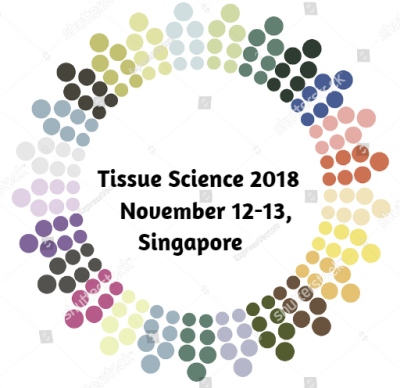
Muhammad Uzair Rehman
United Medical & Dental College, Pakistan
Title: Evaluation of the effects of Platelet Rich Plasma and Stem Cell Based from Adult Adipose Tissue in regeneration of the spinal cord
Biography
Biography: Muhammad Uzair Rehman
Abstract
The purpose of study is to explore the efficacy and safety of platelet rich plasma (PRP) in the non-operative management of shoulder tendinopathy amongst individuals with spinal cord injury.
In this case in road traffic accidents that cause spinal injuries to the central nervous system, which increased morbidity and motility. The complications in patients were developed, resulting to a challenging problem for medicine. Platelet is naturally involved in haemostasis and tissue healing processes due to their content in growth factor and other bioactive molecules. Basic science and preclinical evidence supports the use of platelet derived growth factors as well as of PRP for enhancing reparatory processes in spinal cord injury.
In recent advancement in the field of regenerative medicine it was thought that this would grant a new approach to this problem, as it had proven beneficial in the repair of peripheral nerve injuries and their regeneration. This study was done to evaluate the effect of Platelet Rich Plasma (PRP) and its effect on the spinal cord post trauma. Subsequently, it was seen that PRP proved beneficial with marked positive effects in both muscle tone and muscle control and marked clinical improvement, although it can still be said that further research must be done in this field.
Clinical results about the use of PRP for bone, tendon, cartilage or spinal cord healing are encouraging and continue to accumulate in the recent years. Proteomic profiling and biomarker based PRP characterization have the potential of advancing the field of PRP application. High quality studies are awaited in order to enable clear cut therapeutic indications.

